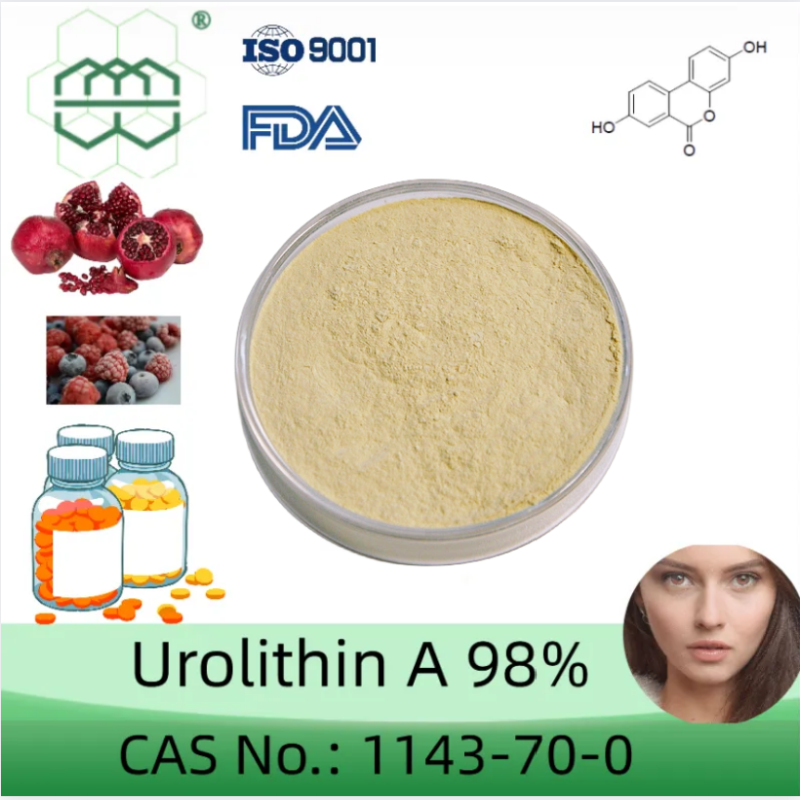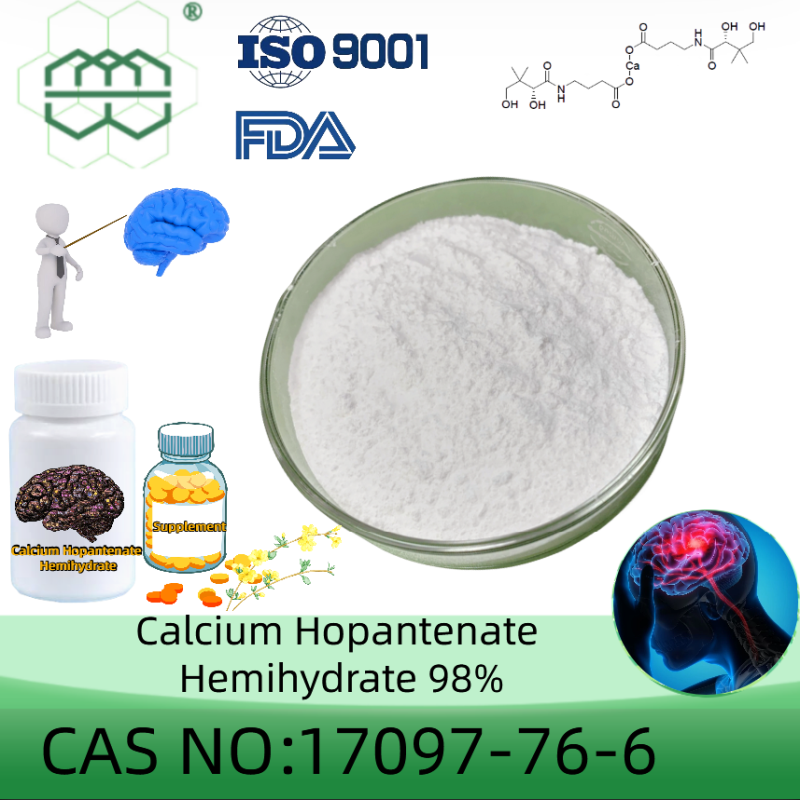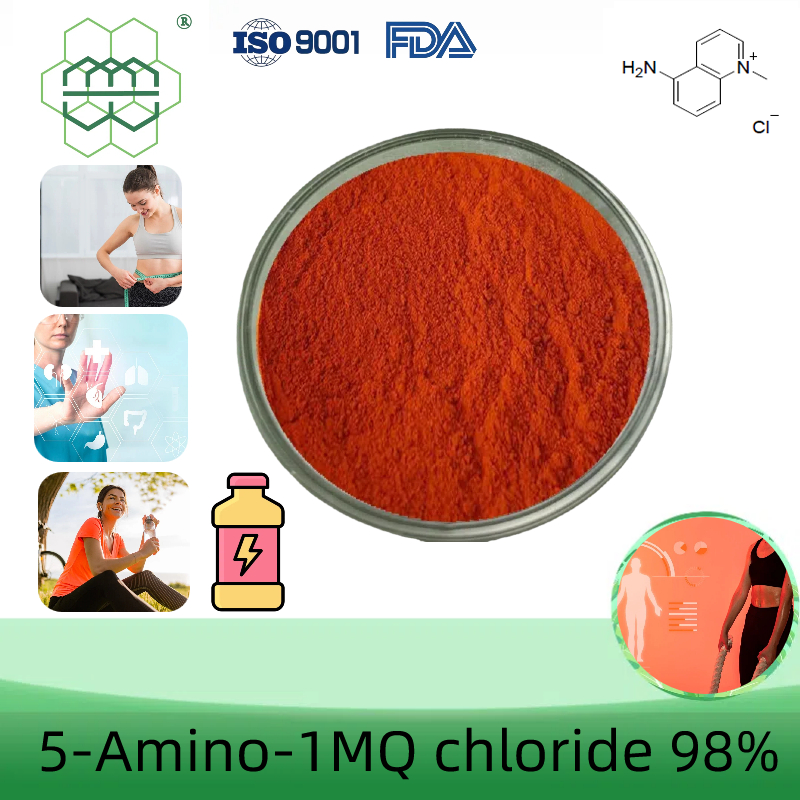-
Categories
-
Pharmaceutical Intermediates
-
Active Pharmaceutical Ingredients
-
Food Additives
- Industrial Coatings
- Agrochemicals
- Dyes and Pigments
- Surfactant
- Flavors and Fragrances
- Chemical Reagents
- Catalyst and Auxiliary
- Natural Products
- Inorganic Chemistry
-
Organic Chemistry
-
Biochemical Engineering
- Analytical Chemistry
-
Cosmetic Ingredient
- Water Treatment Chemical
-
Pharmaceutical Intermediates
Promotion
ECHEMI Mall
Wholesale
Weekly Price
Exhibition
News
-
Trade Service
"Recently, Health Canada's Pest Management Agency (PMRA) proposed approval to register BASF trifludimoxazin (trade name: Tirexor) under the Pest Product Control Act," WCV Chinese.com reported. and the herbicides Vulcarus and Voraxor herbicides containing trifluoroquine, to prevent weeds during weeding in addition to barley, field corn, field peas, soybeans, wheat, lentils, and the chemical weeding of the off-till.
is a herbicide that inhibits the synthesis of pPO.
lack of PPO can destroy plant cell membranes and cause death.
under active growth conditions, susceptible unearthed weeds develop impaired symptoms within hours of exposure to trifluorogranium and can die within 3 to 5 days.
weed seedlings that are susceptible usually die when they grow to the surface of the soil or shortly after they are released.
soil residue activity in Vulcarus and Voraxor kills and controls several broad-leaved weeds to inhibit the secondary production of barley, field corn, field peas, soybeans, wheat, lentils, and weeds during the chemical weeding of the deciduous process.
Vulcarus is a suspended agent containing the active ingredient trifluorogranium, which kills pig slugs, ground skin, quinoa, self-made rape (volunteer canola) and wild buckwheat, and inhibits barley, field corn, field peas, soybeans and wheat (spring wheat, hard grain wheat and winter wheat) and the secondary skin, quinoa, red root quinoa, self-made oil and wild mustard during fallow chemical weeding.
Voraxor is also a suspension agent containing the active ingredients teflon and benzodiagen, which kills Canadian moths, swines, earthy skins, quinoa, narrow-leaved hawk's beard, redroot pigweed, and round-leaf jinkui (Malva Pusilla, leeks, stinky grass, raw rape, wild buckwheat and wild mustard, and can further inhibit the secondary hair of barley, field corn, lentils, field peas, soybeans and wheat (spring wheat, hard grain wheat and winter wheat) and weeds during the de-cultivation chemical weeding.
Vulcarus and Voraxor will provide farmers with options to control broadleow weeds, including the main weeds commonly found in agricultural production, through soil residual activity, pre-planting in the early season or before seedling.
Vulcarus or Voraxor reduces weed competition with seed crops in the early season, ensuring that crops get more moisture, nutrients and light.
crops cannot compete with weeds until the canopy is closed, so early-season weed management is critical.
because of the soil residue activity of Vulcarus and Voraxor, it can inhibit weed growth in the long term.
Health Canada's Pest Management Authority will make a final decision on whether to register Teflon, Vulcarus and Voraxor after considering all public comments on PRD2020-15.
。







